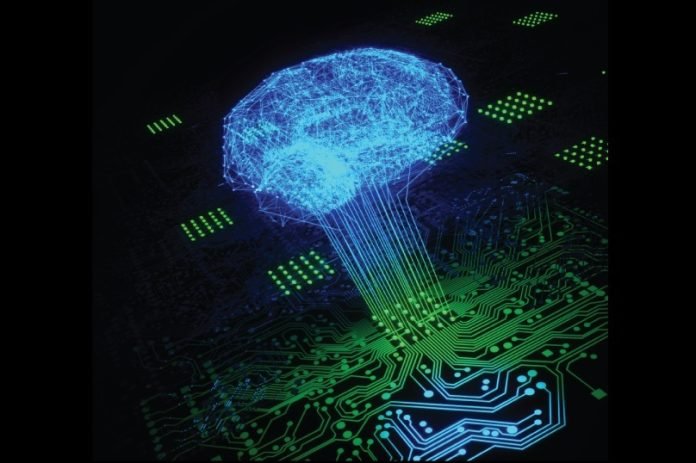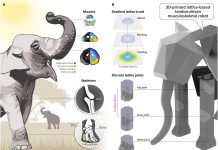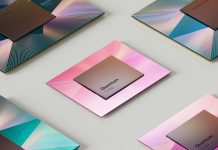
Imagine your smartphone running programs that currently only supercomputers can handle, and doing it all while using much less energy!
Scientists at MIT have made a big leap toward making this a reality.
They’ve developed a new kind of computer system that uses light instead of electrical signals to do calculations.
This groundbreaking technology could make future computers and even our everyday gadgets incredibly powerful and efficient.
Current computers, like the supercomputers that run big language models like ChatGPT, use electricity to do their work.
These electrical systems are starting to hit their limits, both in terms of speed and energy use. The MIT team’s solution? Replace electricity with light, which can move and carry information much faster and more efficiently.
The researchers used hundreds of tiny lasers to make light-based calculations.
They found that their new system was 100 times more energy-efficient and 25 times more powerful compared to current state-of-the-art computers. This technology has the potential to take machine learning to new heights, making it possible to have incredibly smart programs on small devices like our phones.
Zaijun Chen, who led the study at MIT, says the technology could be ready for commercial use within a few years.
The lasers they used are similar to those already found in features like smartphone face ID.
Dirk Englund, who oversaw the project, mentioned that with these advancements, the next generation of language models like ChatGPT could be unimaginably more capable.
But there are challenges to solve.
Current optical systems aren’t good at certain types of calculations and are inefficient at turning electrical signals into light. The new MIT system overcomes these challenges, making it a promising step towards large-scale, light-based computers.
So, what does this all mean for us? In the future, your phone could have the power of a supercomputer, able to run complex programs that are currently limited to big data centers. Plus, it would use a lot less energy, making your battery last longer.
Researchers are excited about this progress. Logan Wright, a professor at Yale University who wasn’t involved in the study, thinks this could lead to large-scale, high-speed optical computer systems.
With this kind of technology, even more advanced AI systems, like future versions of ChatGPT, could be made possible.
The work is still in progress, but it’s a significant step toward transforming how computers, and even our everyday gadgets, will work in the future.
The researchers have filed for a patent and their work has received backing from organizations like the U.S. Army Research Office and the National Science Foundation.
So, the next time your phone’s battery drains too fast while using an app, just think: a light-based, super-efficient future could be just around the corner.
Follow us on Twitter for more articles about this topic.



